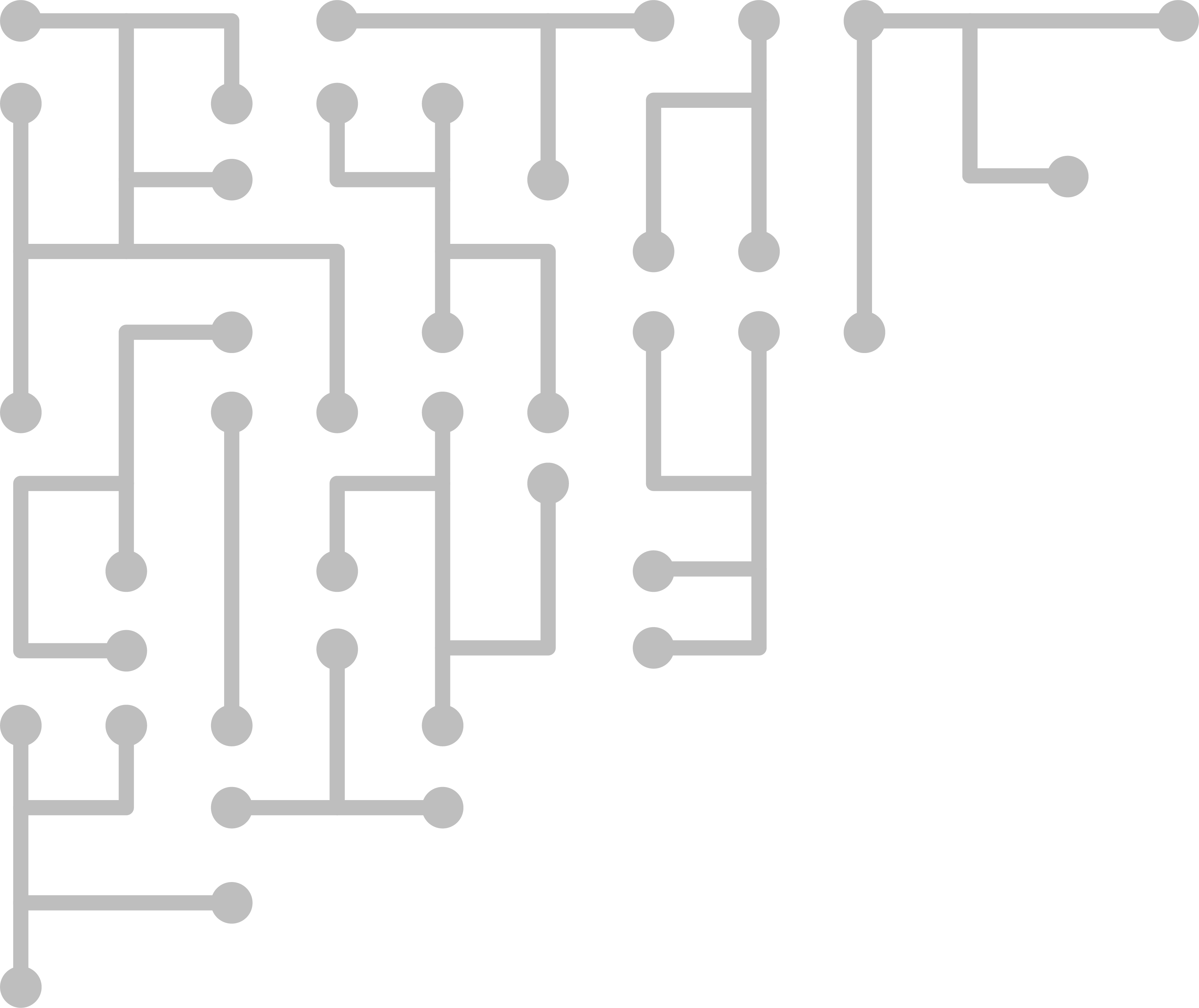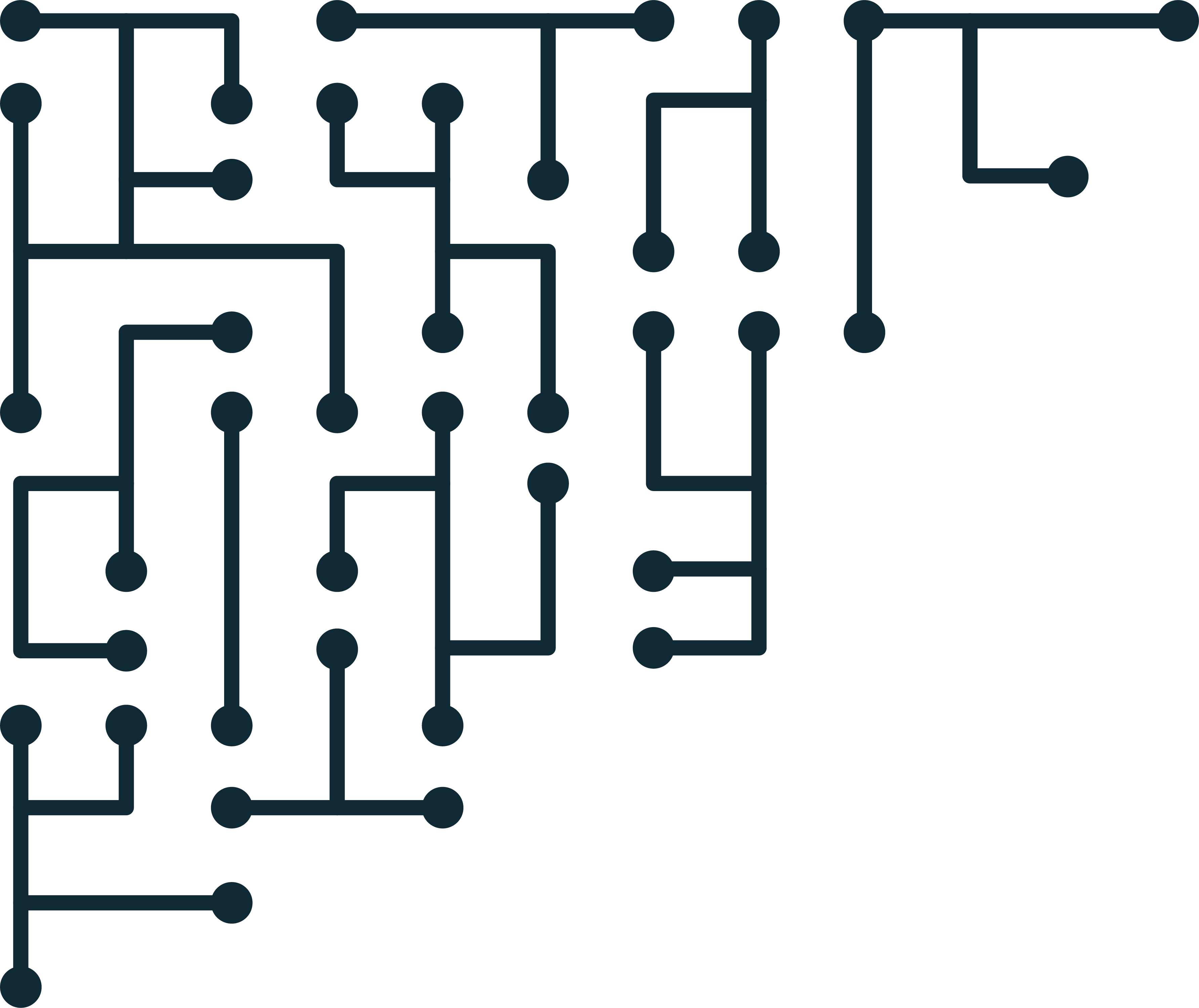Anecdotal evidence indicates that cyber harassment is becoming more prevalent as the use of social media becomes increasingly widespread, making geography and physical proximity irrelevant. Cyberharassment can take different forms (e.g., cyberbullying, cyberstalking, cybertrolling), and be motivated by the objectives of inflicting distress, exercising control, impersonation, and defamation. Investigation of these behaviours is particularly challenging because it involves digital evidence distributed across the digital devices of both alleged offenders and victims, as well as online service providers, sometimes over an extended period of time. As a result, little is currently known about the modus operandi of offenders.
This special issue invites original contributions from researchers and practitioners which focus on the state-of-the-art and state-of-the-practice of digital forensic investigation of cyberharassment of all kinds. We particularly encourage multidisciplinary contributions that can help examiners to be more effective and efficient in cyberharassment investigations.
Topics of interest include, but are not limited to:
-Offender psychology and profiling
-Cyberharassment victimology
-Methodologies and process models specific to cyberharassment investigation
-Tools and techniques for dealing with the types of digital evidence encountered in cyberharassment investigation
-Cyberharassment indicators
-Challenges and particularities of different modalities of cyberharassment
-Trends and typologies of cyberharassment
Important dates:
-Paper Submission: 1 June 2016
-Notification of Initial Decision: 30 June 2016
-Revision due: 31 July 2016
-Notification of Final Decision: 31 August 2016
-Final Manuscript Due: 30 September 2016
-Publication Date: 31 October 2016
Author instructions:
The submissions must be blind and original (i.e., must not have been published or be under review by any other publisher). Authors should refer to the following link for instructions: http://www.jdfsl.org/for-authors. The option “Cyberharassment Special Issue” must be selected as article type on JDFSL OJS Submission System. Further queries can be directed to the guest editors.
Guest Editors:
Dr Joanne Bryce
School of Psychology
University of Central Lancashire
Dr Virginia Franqueira
College of Engineering and Technology
University of Derby
Dr Andrew Marrington
College of Technological Innovation
Zayed University
About JDFSL:
The Journal of Digital Forensics, Security and Law (JDFSL) is a peer-reviewed, multidisciplinary journal focussing on the advancement of the cyber forensics field through the publication of both basic and applied research. JDFSL is a no-fee open access publication, indexed in EBSCOhost, ProQuest, DOAJ, DBLP, arXiv, OAJI, ISI Web of Science, Google Scholar, and other databases. JDFSL is published by the Association of Digital Forensics, Security and Law.


